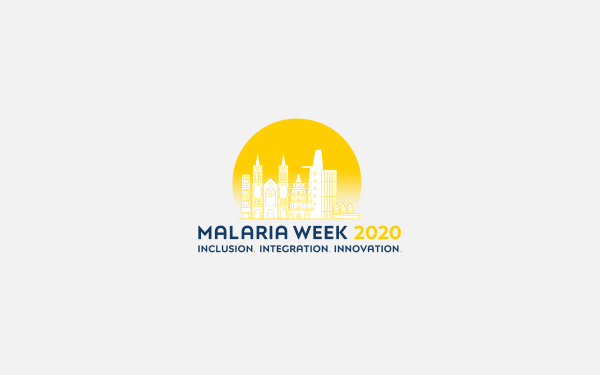On behalf of the Government of Myanmar, I would like to welcome delegates, senior officials and regional and global organizations to Nay Pyi Taw for Malaria Week 2017.
By participating in Malaria Week, you signal your commitment to achieving a malaria-free region; and your presence is a testament to the dedication of you and your government to this goal.
I thank the World Health Organization, the Asia Pacific Leaders Malaria Alliance, the Asia Pacific Malaria Elimination Network, the Asian Development Bank, the Global Fund to Fight AIDS, Tuberculosis, and Malaria, and the United Nations Office of Project Services for their support in organizing this week’s meetings.
We are here to work together to eliminate malaria in Asia and the Pacific. Through collaborative efforts, we have reduced the deleterious impact and spread of malaria, once one of the world’s biggest killers. However, despite these recent advances, we must not become complacent. Over two billion people in Asia and the Pacific remain at risk of infection.
We must maintain a steadfast commitment to wholly eradicating malaria and not rest on our successes. Some of our best tools used in the fight against this devastating disease are losing effectiveness. In our region, we must now contend with the emergence of multidrug-resistant forms of the disease.
If we believe, through our advances in the past 15 years, that our work is over and divert efforts and resources to other causes, we risk resurgence, negating the impact of our efforts and resources. The costs – both human and economic – will be high.
We will see increased suffering, illness and death. The burden of resurgence on our stretched health systems will be great. And, the far-reaching effects will include workforce loss and an increase in the cost of doing business.
As you all know, malaria elimination is the only answer. In doing so, we not only eliminate a costly and deadly disease from our region forever, but we will be better positioned to address a range of other urgent health threats and potential pandemics.
Throughout this week of intense discussion and collaboration, you will have the opportunity to drive forward our shared vision of a malaria-free region. You will identify national and regional progress and challenges while using the WHO Global Technical Strategy for Malaria 2016–2030 and the APLMA Leaders’ Roadmap for Malaria Elimination as your guides.
Malaria Week will conclude with a high-level meeting of senior officials from the Greater Mekong Subregion. I am honoured to welcome these leaders to Myanmar and look forward to working at the most senior level to eradicate this deadly disease. I encourage you to work together to build the foundation for effective collaboration and information sharing across borders, to ensure the health and well-being of all our countries’ citizens.
I wish you all well in your discussions. Thank you for joining us in Nay Pyi Taw.
H.E. Dr Myint Htwe
Union Minister of Health and Sports
Government of Myanmar

